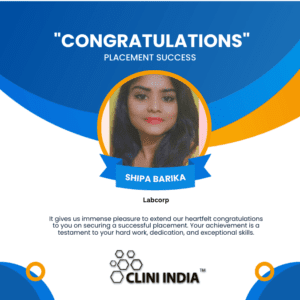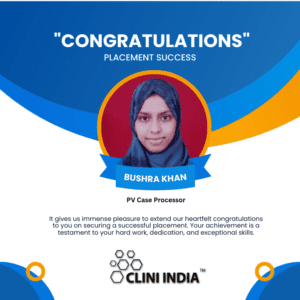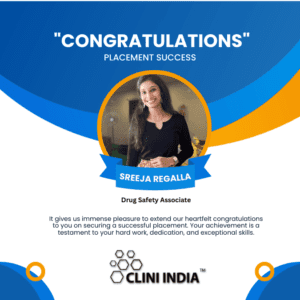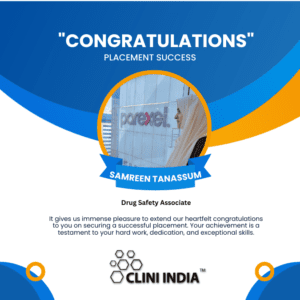MEDICAL SCRIBE: An Overview
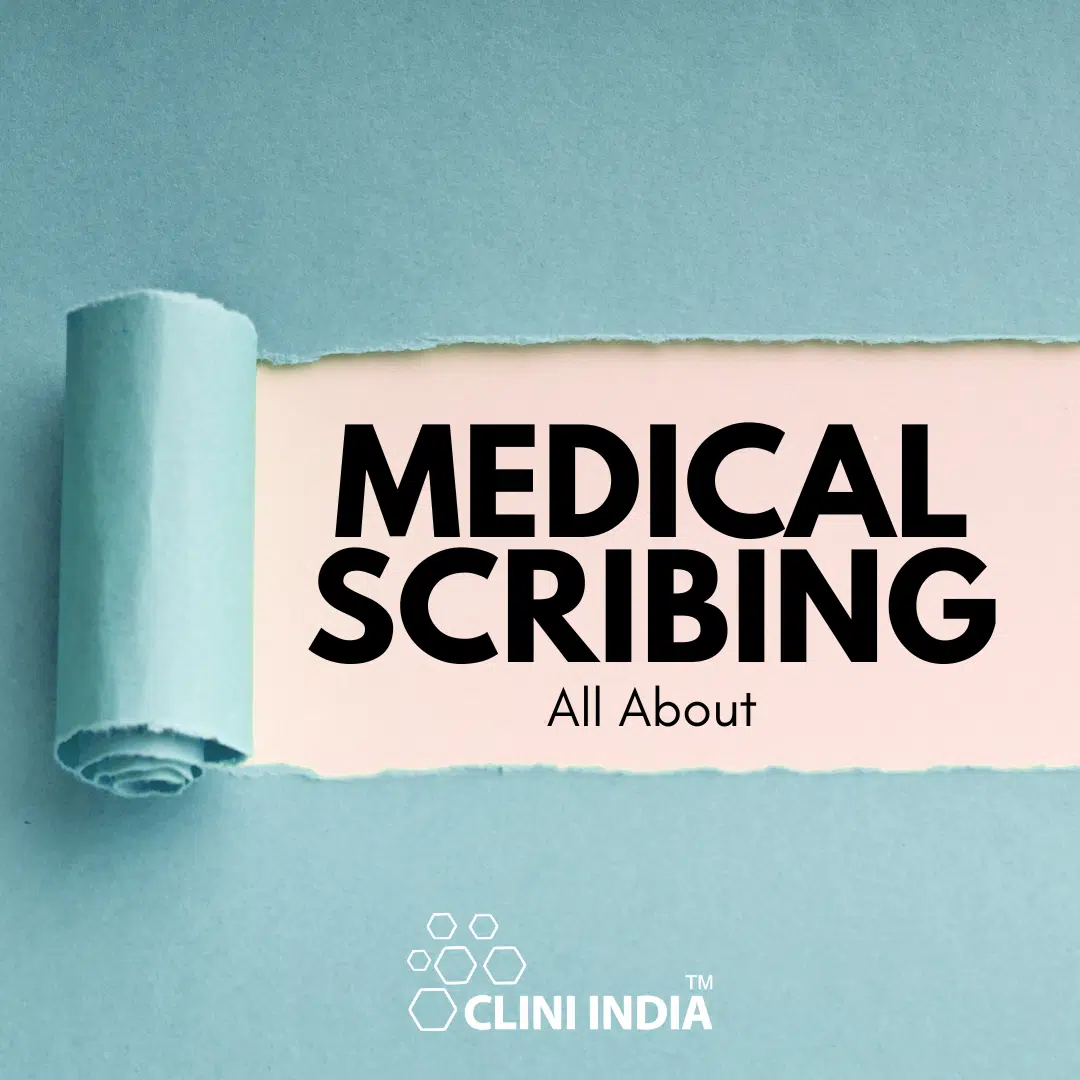
Medical scribing is a healthcare role where a trained professional, known as a medical scribe, assists a doctor or healthcare provider by documenting patient encounters in real time. The primary responsibility of a medical scribe is to handle the medical charting and record-keeping tasks, allowing doctors to focus more on patient care.
Here’s how medical scribing works:
-
Documentation: The scribe listens to or observes the doctor-patient interaction, either in person or via telemedicine, and records the important details such as medical history, symptoms, diagnoses, procedures, and treatment plans into the electronic health record (EHR) system.
-
Efficiency: Scribes help speed up the documentation process, reducing the administrative burden on healthcare providers, which can increase the time doctors can spend with their patients.
-
Real-Time Assistance: They often input patient data as the interaction unfolds, which ensures accurate and timely medical records.
-
Training: Scribes need to have a solid understanding of medical terminology, clinical workflow, and EHR systems. Most receive specialized training to master these skills.
-
Benefits: By helping reduce paperwork, medical scribes improve workflow efficiency, minimize errors in documentation, and enhance patient satisfaction since doctors are more focused on care rather than note-taking.
Medical scribing is often a great starting point for individuals looking to enter the healthcare field, especially for those aspiring to become doctors or healthcare providers themselves, as it provides direct exposure to medical practice.
____
MEDICAL SCRIBE INTERVIEW QUESTIONS AND ANSWERS
1. Can you tell us about your relevant background and why you’re interested in becoming a medical scribe?
Answer: “I recently completed my [Degree] in [Field] and have a strong interest in healthcare. I’ve always been fascinated by the medical field, and I believe that working as a medical scribe will provide me with valuable experience while contributing to patient care. This role aligns well with my organizational skills and attention to detail.”
2. What do you believe are the key responsibilities of a medical scribe?
Answer: “A medical scribe is responsible for accurately documenting patient interactions, including medical histories, physical examinations, procedures, and treatment plans. They assist healthcare providers in maintaining up-to-date and accurate medical records, which ultimately improves patient care and ensures smooth communication among the healthcare team.”
3. How do you handle confidentiality and patient privacy?
Answer: “Confidentiality and patient privacy are of utmost importance in the medical field. I understand the significance of maintaining patient information in a secure and confidential manner. I would adhere to HIPAA regulations and follow the protocols set by the healthcare facility to ensure that patient data remains protected.”
4. Can you describe your experience with medical terminology?
Answer: “While I don’t have direct experience in a medical setting, I’ve taken courses in medical terminology during my academic journey. I am eager to further enhance my knowledge and quickly grasp medical terms relevant to my role as a medical scribe.”
5. How do you manage time and multitasking in a fast-paced environment?
Answer: “I’ve had experience managing multiple tasks and deadlines during my studies. I’m adept at prioritizing tasks and maintaining focus even in fast-paced environments. I believe my organizational skills and ability to adapt quickly will help me excel as a medical scribe.”
6. How do you handle situations where you don’t understand medical jargon or procedures being discussed?
Answer: “If I encounter medical jargon or procedures that I’m unfamiliar with, I would not hesitate to ask the healthcare provider for clarification. Clear communication is vital, and I understand that asking questions to ensure accurate documentation is essential for patient care.”
7. Can you give an example of a challenging situation you’ve faced and how you resolved it?
Answer: “During a group project in school, we faced conflicting ideas about the project’s direction. I took the initiative to facilitate a discussion, listened to everyone’s input, and helped the team reach a consensus. This experience taught me the importance of effective communication and collaboration, skills that are crucial in a medical setting.”
8. How do you handle high-pressure situations or stressful environments?
Answer: “I tend to remain composed under pressure by focusing on the task at hand and breaking it down into manageable steps. I find that maintaining a positive attitude and reminding myself of the end goal helps me handle stress effectively. Additionally, I’m open to seeking guidance from more experienced colleagues if needed.”
Remember, these are just sample answers. Tailor your responses to reflect your own experiences, skills, and genuine interest in the medical scribe role.











